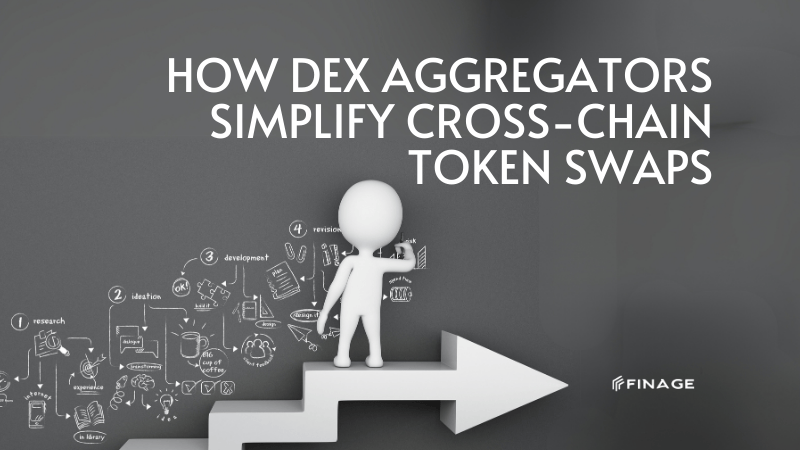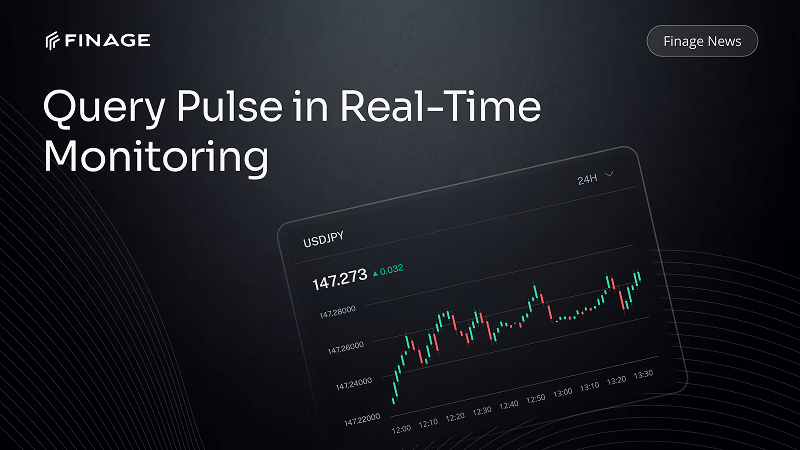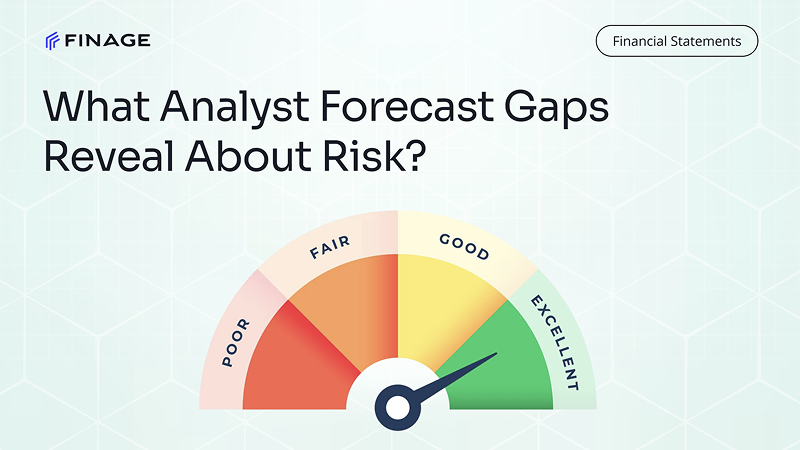How DEX Aggregators Streamline Cross-Chain Token Swaps
4 min read • December 19, 2024

Introduction
Decentralized finance (DeFi) is a world of innovation featuring many breakthroughs, none more impactful than the emergence of DEX aggregators. They have truly changed the game for token trading, offering a low-friction mechanism to swap an asset across different blockchains and eliminate liquidity fragmentation and network limitations. From the vantage point of traders, using DEX aggregators can help facilitate various cross-chain token swaps within the complex DeFi ecosystem, while simultaneously speeding up trades, minimizing slippage, and bringing added cost-effectiveness.
This article discusses the role of DEX aggregators, how they enable seamless cross-chain token swaps, and their significance in improving DeFi's reach and user experience.
Contents
- What Are DEX Aggregators?
- Cross-Chain Token Swaps: The History, Future & Challenges
- How DEX Aggregators Make Cross-Chain Token Swaps Easy
- Multi-Chain Liquidity Aggregation
- Costs and Time Involved in the Routing Process
- User-Friendly Interfaces
- Advantages of Querying Cross-Chain Swaps Through DEX Aggregators
- Major Limitations of DEX Aggregators
- Conclusion
What Are DEX Aggregators?
DEX aggregators allow users to access multiple DEXs through one interface. By aggregating liquidity from multiple DEXs and blockchains, they provide traders with the best price for the token they want to swap, with less slippage and lower fees. While traditional DEXs are limited to a single blockchain, DEX aggregators work across multiple networks, facilitating cross-chain trading.
Popular DEX aggregators like 1inch and Matcha make DeFi trading easier by finding the most efficient trading routes.
Cross-Chain Token Swaps: The Challenges
Cross-chain token swaps occur when someone exchanges tokens between two different blockchain networks, such as ERC-20 tokens on Ethereum to BEP-20 tokens on Binance Smart Chain. Although essential for portfolio diversification and accessing opportunities across ecosystems, this process comes with challenges:
- Fragmented Liquidity: Liquidity exists across multiple blockchains and DEXs, making it hard to find the best trading pair or price.
- High Fees: Swapping tokens across chains often involves multiple transactions, resulting in higher gas fees and transaction costs.
- Multi-Step Process: Requires using bridges, wrapping tokens, and selecting the ideal DEX, which can overwhelm users.
- Time Lags: Inter-chain transfers take time, especially during network congestion.
DEX aggregators address these pain points by streamlining the process and making cross-chain swaps efficient and user-friendly.
How DEX Aggregators Make Cross-Chain Token Swaps Easy
Cross-Chain Aggregated Liquidity
DEX aggregators unify liquidity from multiple blockchains and DEXs, enabling access to a larger range of trading pairs and prices without switching application windows.
For example, a DEX aggregator that aggregates liquidity from Ethereum, Binance Smart Chain, and Polygon allows users to swap tokens seamlessly between these networks. By unifying fragmented liquidity, DEX aggregators minimize slippage and increase cross-chain trading efficiency.
Routing Optimization for Cost and Speed
Sophisticated algorithms optimize trade execution. When a user initiates a cross-chain token swap, the aggregator:
- Finds the Best Price: Aggregates prices from several DEXs to determine the cheapest route.
- Splits Orders: Divides trades across platforms to minimize costs and maximize returns if necessary.
- Uses Bridges: Seamlessly bridges tokens across blockchains for direct transfers.
This ensures traders get the best price and fastest execution for even the most complex swaps.
User-Friendly Interfaces
DEX aggregators prioritize simplicity by offering intuitive interfaces that abstract the complexities of cross-chain trading.
Key Features Include:
- One-Click Swaps: Allow users to execute swaps in a single transaction without manually bridging or wrapping tokens.
- Wallet Integration: Supports trading on different chains through popular wallet connections.
- Real-Time Data: Provides transparent pricing and gas fee estimates, enabling better user control.
This accessibility benefits both new DeFi users and experienced traders.
Advantages of Querying Cross-Chain Swaps Through DEX Aggregators
- Cost Savings: Advanced algorithms find the most cost-efficient routes, reducing gas fees and slippage.
- Time-Saving: Automation eliminates the need for manual operations, speeding up the process.
- Easy Access: Aggregators provide seamless access to multiple chains and pools without switching platforms.
- Improved Transparency: Real-time data helps users quickly identify the best deals.
- Simplicity: User-friendly interfaces make trading accessible, even for less experienced users.
Major Limitations of DEX Aggregators
Despite their benefits, DEX aggregators face some limitations:
- Network Congestion: Transaction speed may slow, or costs may rise during network overload.
- Bridge Dependence: If a bridge fails, the quality of swaps can be compromised.
- Complexity for Beginners: Novices may find the process daunting and require knowledge of tokens and platforms.
- Limited Coverage: Not all aggregators support every chain or token.
These challenges are expected to diminish as technology evolves, further enriching DEX aggregator functionality.
Conclusion
DEX aggregators have revolutionized the DeFi trading landscape by simplifying the complex processes involved in cross-chain token swaps. By aggregating liquidity, optimizing trade execution, and offering user-friendly interfaces, these platforms empower traders to navigate the multi-chain ecosystem effortlessly.
Although limitations like network congestion and bridge dependence exist, the advantages of DEX aggregators far outweigh their drawbacks. These tools are essential for traders aiming to maximize efficiency, reduce fees, and access diverse ecosystems across blockchains.
As blockchains evolve, DEX aggregators will play an increasingly vital role in bridging the next-gen DeFi ecosystem, making trading more accessible than ever. Whether you're a seasoned trader or a newcomer, utilizing DEX aggregators is key to staying ahead in the rapidly changing crypto landscape.
You can get your Real-Time and Historical DEX Data with a free DEX Data API key.
Build with us today!
Claim Your Free API Key Today
Access stock, forex and crypto market data with a free API key—no credit card required.

Stay Informed, Stay Ahead
Finage Blog: Data-Driven Insights & Ideas
Discover company news, announcements, updates, guides and more

.png)
